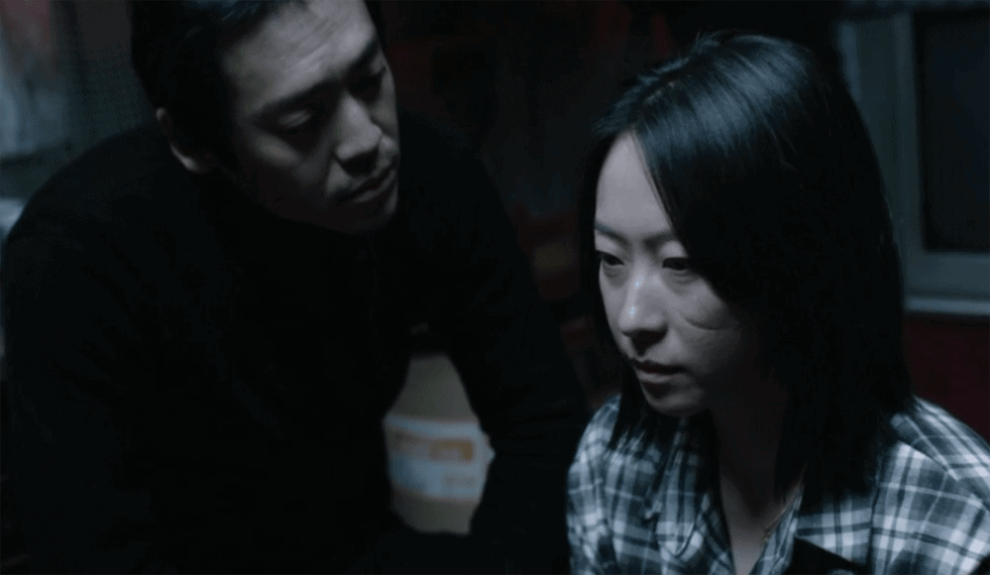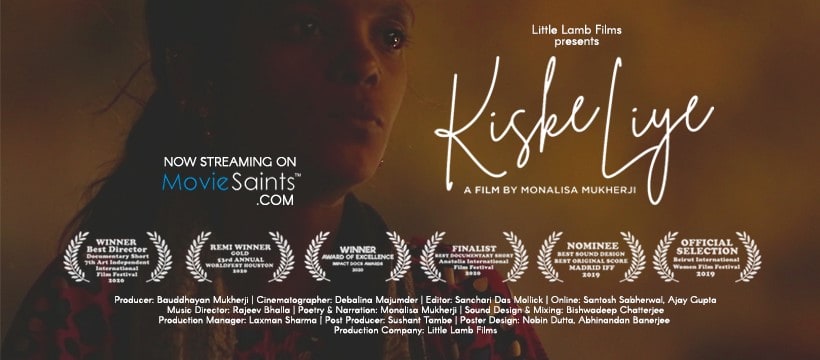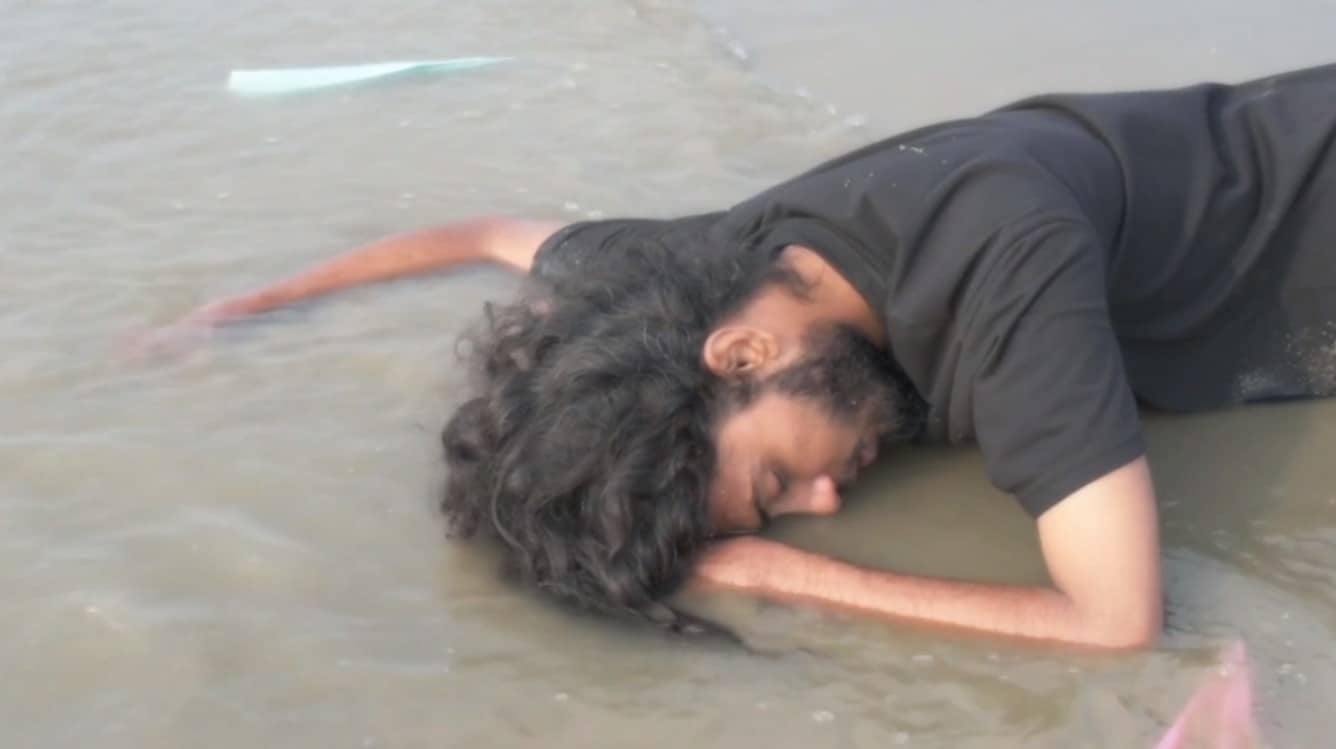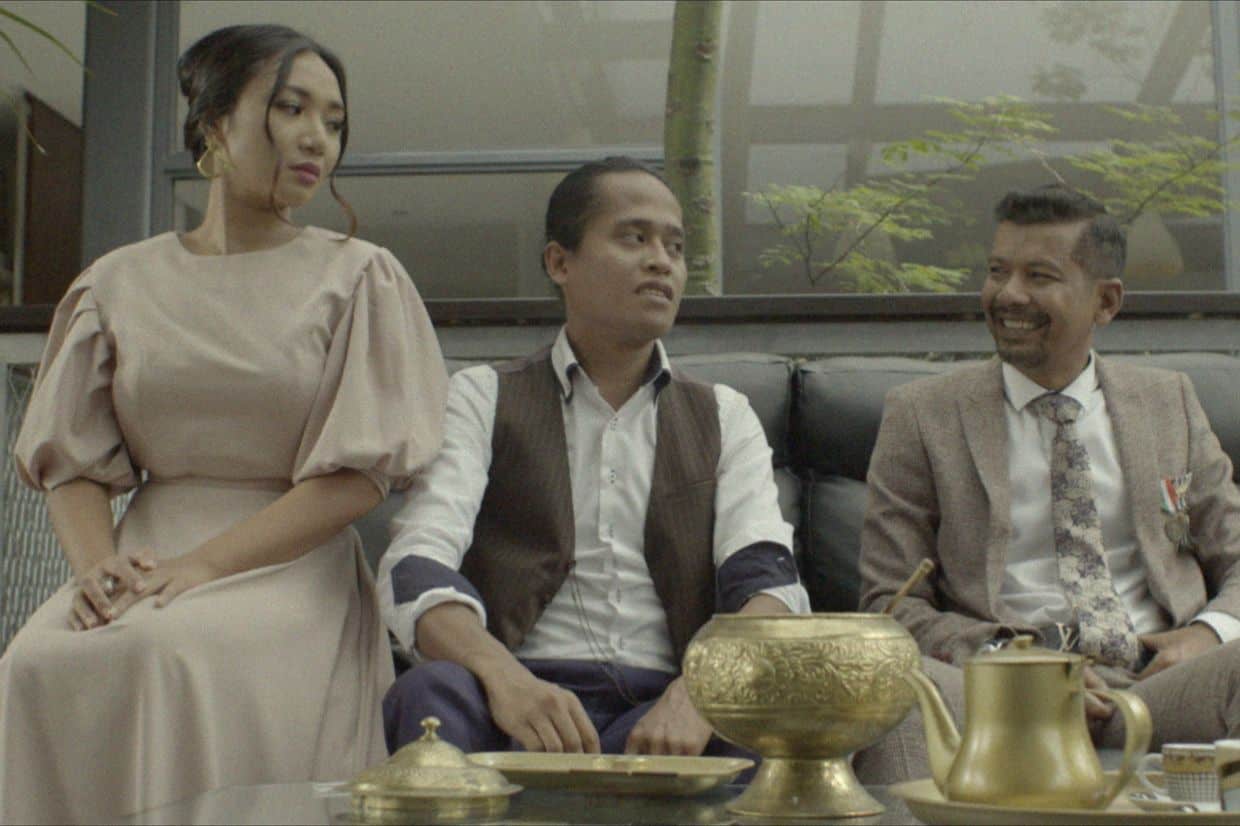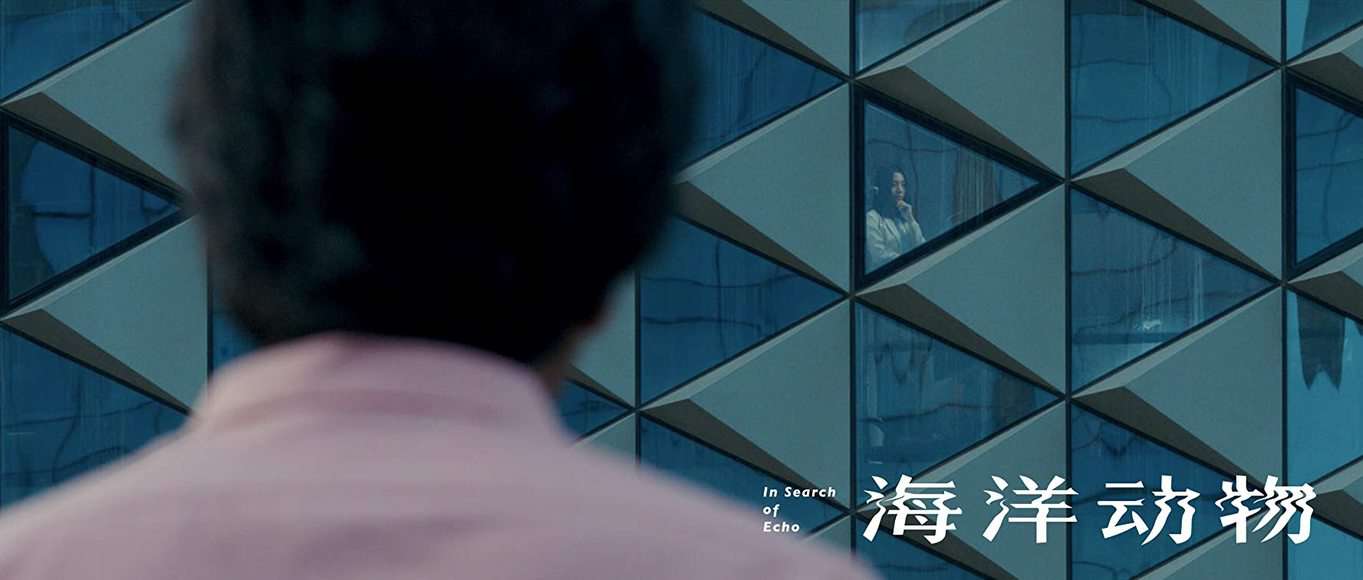„The Fourth Wall”, a captivatingly obscure Chinese indie, is not easy to classify. Directed jointly by Zhang Chong and Zhang Bo, both Beijing Film Academy graduates, it drifts between genres, mixing the narrative style of introspective and intimate character study with parallel universe ideas as those taken from loud blockbusters glittering with FX (though it never nears to SF extravaganza and does not attempt to build any futuristic world). The title adds to the enigma. The „fourth wall” would ring a bell for drama enthusiasts, as the term traditionally means an imaginary, invisible barrier separating the audience of the play from the actors. While the audience sees through it, actors behave as if they didn't. One of the performance conventions is breaking the fourth wall, when the actor, as himself or a character, destroys the symbolic boundary by addressing the audience directly. Used in a theatre and cinema alike, it has recently been reminded to moviegoers by the “Deadpool” franchise.
The movie, however, doesn't deal with the theatre (although emptied theatre building becomes an essential part of the subplot). Neither it does reflect on performing arts or juggles with its modern conceptions. Though with limited space as well as the number of characters, the importance of dialogues and the way the story's construction, the feel of the stage play is created.

The fourth wall for the movie's directors means something else than in a jargon – a boundary between a person's present self and the past, a psychological barrier that must be overcome to allow to break free from painful experiences. That is the challenge Liu Lu (Liu Lu, “Mountains May Depart”) will face. She is a loner and introvert who works at a deer breeding farm, shying away from people and the outside world. We follow the girl, while the camera realistically documents her joyless life. Watching her emotionless face cut with a large scar, looking into her empty eyes, we can be sure the farm became the enclosure, where Liu Lu banished herself, and that she is also probably suffering from depression or anxiety. One day her mundane routine is shattered with one of the animals, which escapes through a hole in a fence.
The tear in a wall Liu Lu finds can be seen as a prophetic symbol. An old acquaintance, Ma Hai, pays her a visit, and is trying to persuade her to terminate her isolation. The duo shares a complicated past… In a baffling moment, Ma Hai confesses that he has strange memories of a life of his other self, in which he knows another Liu Lu. In that life, the girl lives in a city. She is a divorced former actress, who works in a mall selling trips to exotic destinations to make ends meet (if you haven't expected to hear a tune from Bhansali's “Devdas” in a Chinese indie, this will be the occasion). From now on, we immerse into intertwining stories, which were given the distinctive style and colour palette by the cinematographers Zhao Longlong and Saba Mazloum.

The movie premiered at Shanghai International Film Festival in the Asian New Talents Section and attracted the jury's attention during Kairo's Film Festival, where it received Best First or Second Work Award, proving the directors' fresh approach and not a textbook thinking about the concepts and narrative. It is an intriguing self-discovery journey of the characters, the reflection on the suppressed memories and the way our mind tries to trick us protecting us, working well also as a Shakespearean metaphor, telling “All the world's a stage/ And all the men and women merely players/ They have their exits and their entrances, And one man in his time plays many parts.”


